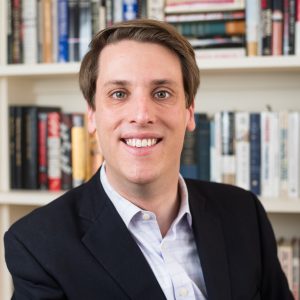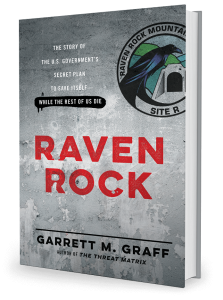Below is the text of my monthly “Editor’s Letter” in the new issue of Washingtonian.
—-
My sister, a marine biologist, would tell you that she studies the class of fish Elasmobranch, but I just tell friends that she studies sharks—while she jets around the world from one remote tropical paradise to another, studying Great Whites off the coast of South Africa, lemon sharks off Fiji, reef sharks off the Cayman Islands.
No matter how beautiful the locales, my family has never visited her because she chooses her islands based on their high concentrations of nearby sharks—the opposite of what I’m looking for in a vacation. Thus I don’t see her that often, although I always think of her when I discuss our food critics.
This issue, containing our annual list of the area’s best restaurants, is for many readers the most important thing we publish—the bible that subscribers have come to rely on to guide them through a year’s worth of dining.
We counted a few years ago, and the magazine keeps tabs on about 680 restaurants across the Washington region at any given time—north to Olney, Baltimore, and Frederick; south to Woodbridge; west to the Virginia towns of Paris and Little Washington; east to St. Michaels and Easton.
All five of our food writers contributed to this issue. Food-and-wine editor Ann Limpert explains the process of compiling the 100 Very Best list: “We do tons of scouting—every place that was on the list last year and just about every place from the year before that, newcomers, places where interesting chefs have landed, restaurants we’ve heard about through word of mouth.”
When our critics dine out, they try as much as possible to recreate an “average” dining experience. The magazine pays for every meal, spending upward of $120,000 a year on food and drink. The reviewers make reservations under aliases and pay with cash or credit cards in other names. A few restaurants have figured out who Todd Kliman or Ann Limpert is, but for the most part they dine incognito.
For the majority of the places we review each month, our critics visit three or four times—at lunch and dinner, weeknights and weekends—testing the service, the food’s consistency, and so on.
It seems nearly everyone in the world would love to be a food critic—but what I find so funny is that it’s a lot like being a shark researcher: No matter how amazing the job appears, whatever you do for your work becomes—well, your job. Once during a call home, my sister mentioned that a shark had gotten inside her cage that day. Her tone was as nonchalant as if she were complaining that her coworkers never refilled the printer when it ran out of paper.
Our food critics “suffer” from the same challenge: Particularly as our 100 Very Best Restaurants package nears completion—when they’ll sometimes even be doubling up on lunches and dinners to try places one more time—it amuses me to see the drained look in Ann’s or Todd’s eyes as they head out for “yet another” expensive tasting menu or a two-hour round trip to eat Vietnamese in a suburban strip mall.
It’s daunting to compile a year’s worth of eating into a single list. The 100-best list normally starts being drafted around June, with as many as 200 places on the roster, based on the reviewers’ collective meals and impressions thus far. The final ranking meeting that the critics held in December lasted nearly three hours. I left after the first 45 minutes, and they were still hammering out the top ten.
Ann, Todd, and fellow contributors Cynthia Hacinli, Jessica Voelker, and Anna Spiegel are all passionate about food—some have culinary degrees or once worked in kitchens—and have turned their passions into jobs.
That’s a talent shared by many Washingtonians. The idealism and ambition that drive this city mean that a disproportionate number of people here have transformed their personal interests into work—as have the subjects of three profiles in this issue: US poet laureate Natasha Trethewey (page 37), journalist Jeffrey Goldberg (page 46), and cigar entrepreneur Bill Paley (page 56).
Washingtonians are lucky to be able to meld passions and employment—many people in the world aren’t so fortunate to have jobs they love. Yet even the most special and unusual experiences can happen often enough that they become just another hassle. After all, how many times have you griped about being stuck in traffic as a presidential motorcade rushes by?



Recent Comments